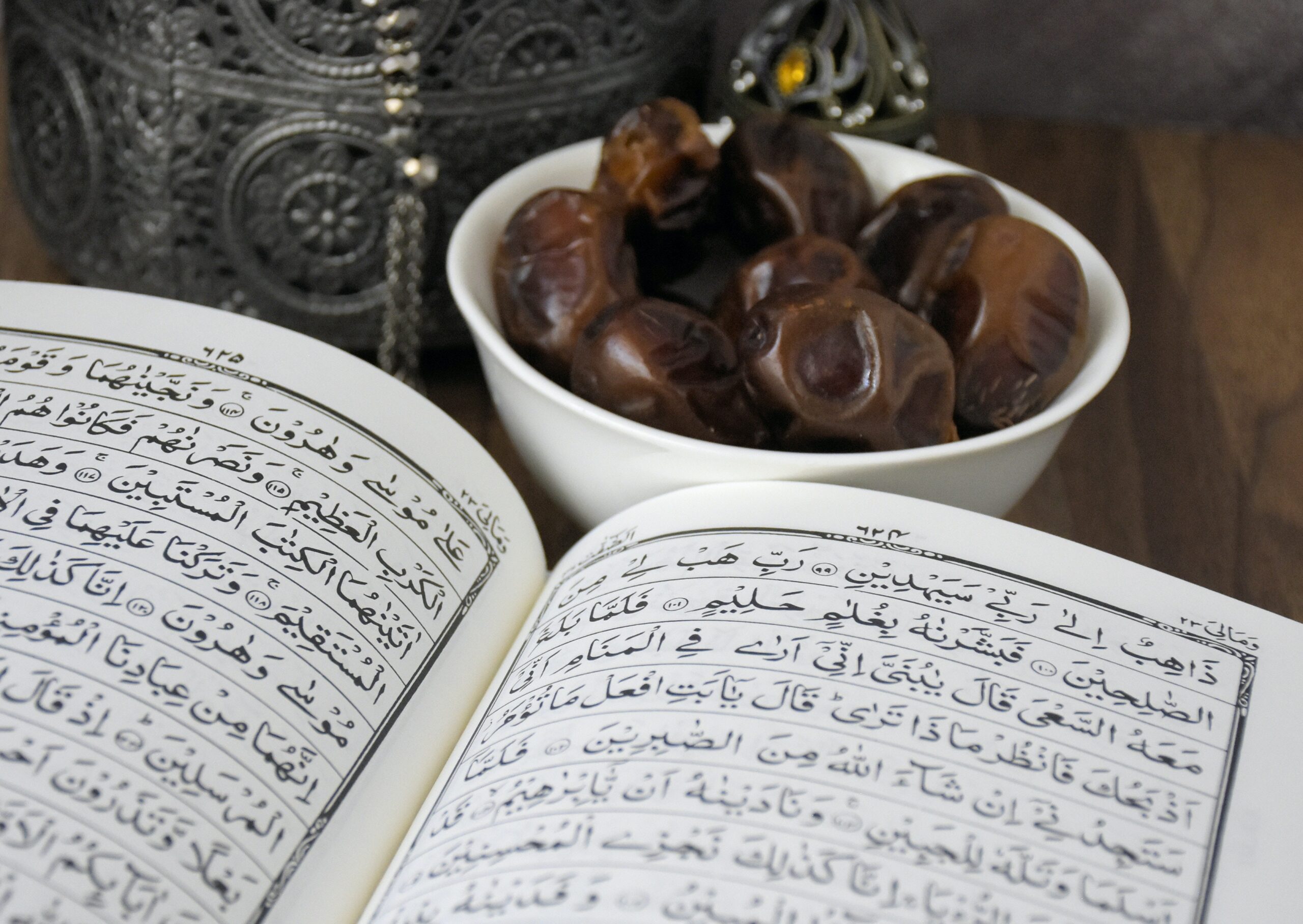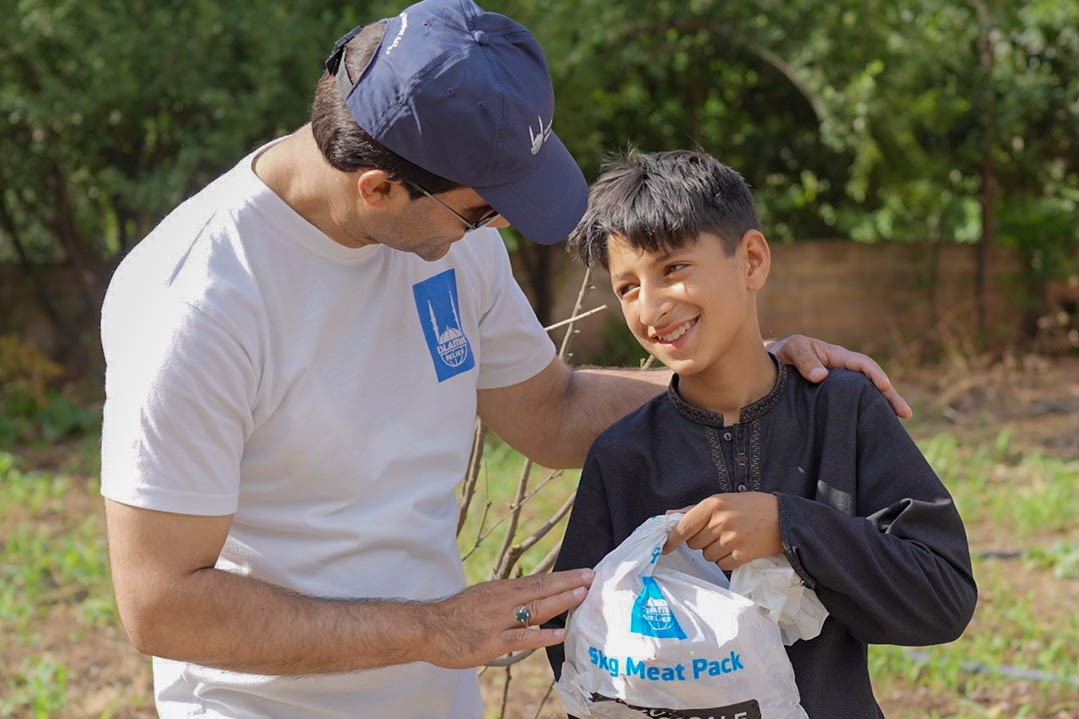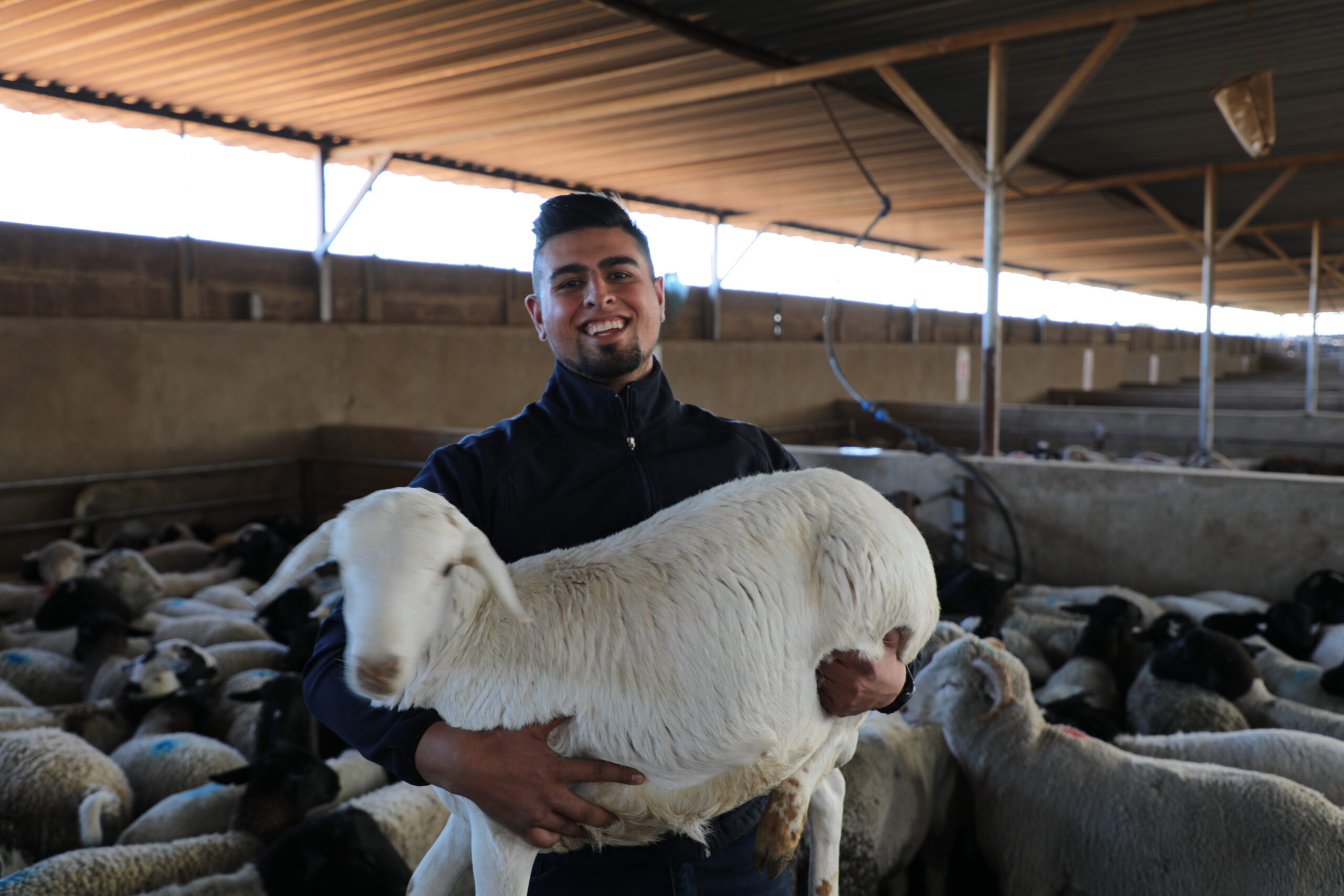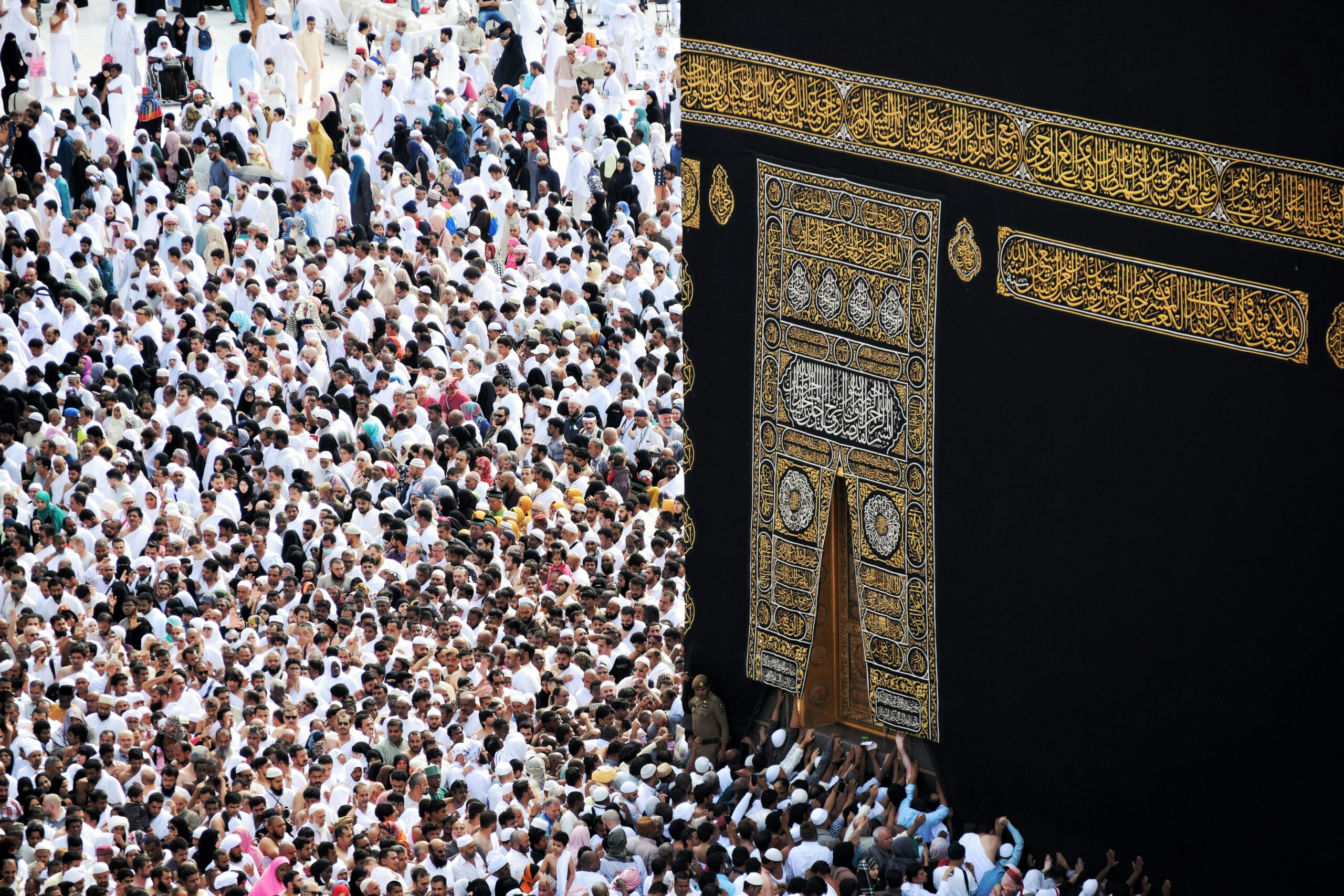
05.22.24
Hajj Checklist: Preparing for the Journey of a Lifetime
Each year, millions of Muslims from worldwide travel to Makkah during the Islamic month of Dhul Hijjah to perform the sacred pilgrimage of Hajj.
As one of the five pillars of Islam, it is a spiritual duty for every adult Muslim to perform Hajj at least once in their lifetime, so long as they are physically, emotionally, and financially able.
Hajj starts on the 8th of Dhul Hijjah and lasts five to six days, depending on the moon. This year, Hajj 2024/1445 is expected to take place between Friday, June 14, 2024, and Wednesday, June 19, 2024.
Next year, in 2025/1446, it is expected to take place between Wednesday, June 4, 2025, and Monday, June 9, 2025
How Do Muslims Prepare for Hajj?
Many Muslims start planning for Hajj at least a year before they travel. As there’s a lot of specifics to the pilgrimage that need working out – logistically, spiritually and emotionally.
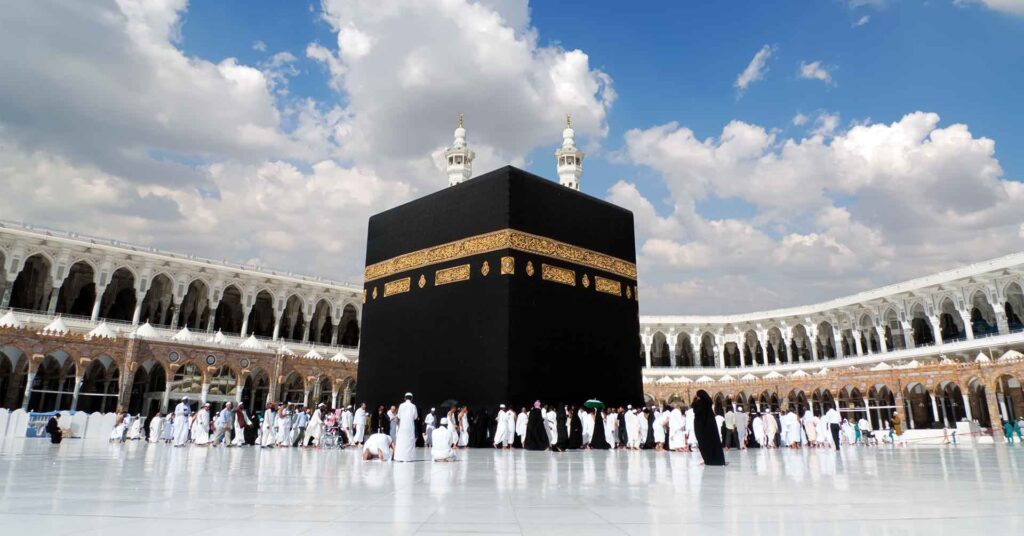
First and foremost, begin your plans with the intention to perform Hajj for the sake of Allah (SWT). In turn, keep reminding yourself of this intention as you follow through with the preparations, organising your travel arrangements and supplies.
You’ll also need to make sure you meet the requirements to travel to Saudi Arabia specifically for Hajj. This includes applying for a Hajj visa and booking your tours well in advance.
You should also check the expiry date for your passport. Renew it if it expires in less than six months by the time you leave for Hajj.
Packing for Hajj also requires extra thought. Beyond travel essentials, clothing and toiletries (and medication, if needed), consider supplies most appropriate or needed for the pilgrimage’s rituals, especially for Ihram (sacred state). Make sure you have everything you need at least a couple of weeks before you leave.
In turn, check with the Saudi authorities, airline carriers and relevant airports about luggage guidelines and what medication is allowed. The same goes for any other items.
Lastly, let your loved ones know you’re going on Hajj. Seek forgiveness for your wrongdoings and ask them to send any dua they wish for you to make while performing Hajj.
Sound complicated? Not to worry. Here’s an easy-to-follow checklist summarising what you need to check over or bring on your journey of a lifetime.
Hajj Checklist
Before you start packing…
Prepare your travel essentials
- Check the entry requirements with the Saudi Arabian embassy and make sure you are okay to travel.
- Organise your tours beforehand. Follow up on the reservations and package details you’ve made for Hajj.
- Ensure you have enough local currency and emergency funds (e.g. debit card), as well as AUD for the journey/airport.
- Plan your itinerary for before and after Hajj. This should include transport and hotel stays.
- Check if you need any vaccinations before your trip.
Prepare spiritually
- Seek forgiveness from Allah (SWT) and those you have wronged.
- Make sure your intention for wanting to go to Hajj is sincere.
- Learn the steps and rituals of Hajj long before you travel so you are prepared!
Inform your loved ones
- Tell your friends, family, and workmates about your trip. Leave emergency contact details and information about where you will be staying, in case something goes wrong.
- Arrange with friends, family, or neighbours to check in on your home and see that everything is fine
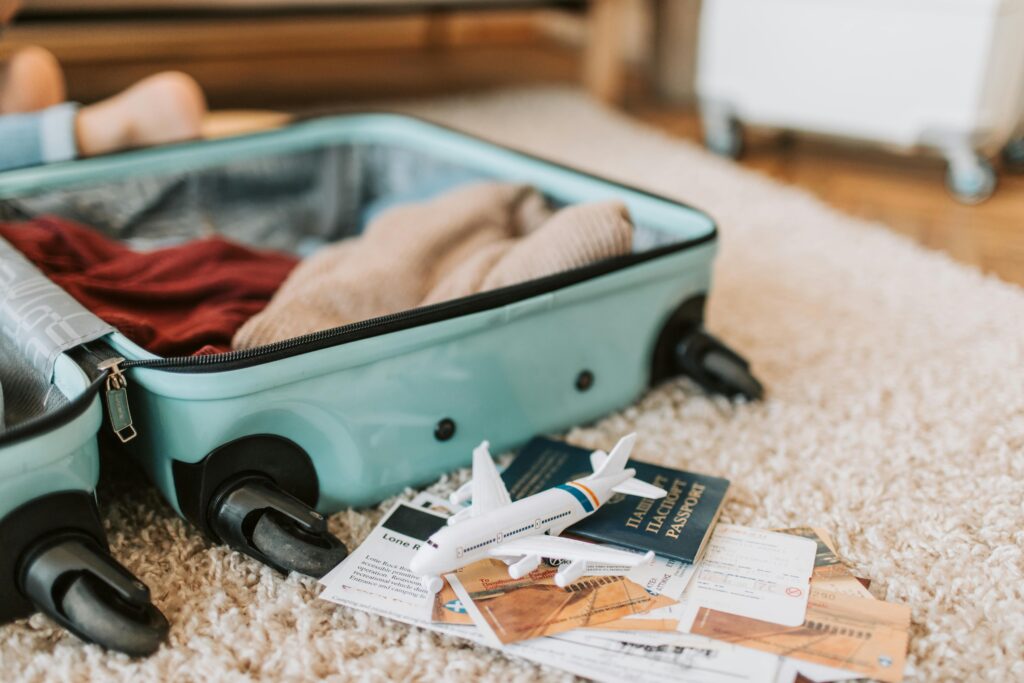
Packing for Hajj
Paperwork
- Visa (check requirements)
- Passport and any copies
- Passport-size photos
- Money, including cash and card
Baggage Essentials
- Suitcases and carry-on bag
- Labels for your luggage
- Small padlocks and keys
Spiritual supplies
- Clothes for Ihram, including headscarf for women
- Dua list (physical or on phone)
- Travel prayer mat
- Qur’an (small)
- Tawaf counter
- Spare prayer outfit(s)
More Hajj Supplies
- Small bag for items
- Small blanket
- Sleeping bag liner
- Mini pillow
Clothing and shoes
- Flip-flops for the bathroom
- Shoe covers
- Comfortable walking sandals
- Plenty of clean underwear!
- Comfortable day outfits
- Pyjamas/bed clothes
Toiletries
- Toothbrush and toothpaste
- Hairbrush
- Sunscreen (unscented)
- Shower items (soap, shampoo, conditioner, etc. (all unscented))
- Moisturiser (unscented)
- Deodorant (unscented)
- Nail clippers
- Razors and shaving cream
- Sanitary items for women
Everyday Supplies
- Money belt/pouch
- Water bottle (preferably collapsible)
- Snacks (non-perishable)
- Personal alarm for women, in case of danger
- Fan for the hot weather
- Hat for the hot weather
- Sunglasses
- Towel
- Umbrella
- Ear plugs
- Extra collapsible large bags
- Plastic bags (for general use, e.g. storage, rubbish, dirty clothes, etc.)
- Bottle/lota for toilet
- Hand sanitiser (unscented)
- Wet wipes (unscented, flushable)
- Tissues (small packs)
- Travel size washing detergent (unscented)
- Mosquito repellent (pre/post-Hajj)
Medical
- Anti-diarrhoea medication
- Medication for constipation
- Bandages (various sizes)
- Antiseptic cream (unscented)
- Cough drops
- Cold and flu tablets
- Painkillers (e.g. Panadol)
- Any regular medication with prescription
- Any other medication: hay-fever, allergies
Electronics
- Old phone (with international sim card)
- Phone charger (detachable cable and adapter)
- Power banks (and its charger)
- International power adapters
- Camera (if applicable, along with necessary supplies – battery, charger, memory card, etc.)
Please check the airline/airport and Saudi guidelines for entry. Find out the guidelines on importing, purchasing, and exporting medication, liquids, food, and sharp items.
Don’t worry, it may seem like a lot, but you’ll be prepared in no time. Embrace this amazing journey and say alhamdulillah! From everyone at Islamic Relief, wish you all the best on your spiritual journey, insha’Allah!
More Things to Know
-
When should I apply for Hajj?
Due to the sheer number of pilgrims wishing to attend the Hajj, there have been recent updates to the application process by the Saudi government and it can be a long process – it’s best to start as early as possible!
You are now required to submit your application directly through the Saudi authorities’ Nusuk Hajj portal during their open application period. The precise dates are published on the portal in advance so keep an eye out! They also appear to shift forward in the Gregorian Calendar approximately 11-12 days each year, as the application period is based on the Islamic Calendar which runs on the lunar cycle.
-
What do we wear for Hajj?
There are rules regarding dress for both men and women upon entering the Ihram (sacred state) and performing Hajj. Here’s a handy checklist outlining what you need to wear while in the state of Ihram.
Men must wear a shroud consisting of two white seamless sheets or towelling fabric that covers their Awra (private parts). The larger of the sheets ties around the waist and the other sheet goes over one or both shoulders. Men are prohibited from wearing tailored (sewn) clothing, as well as socks, underwear or headwear.
Women may wear any colour garment, as long as it covers all parts of the body except for the hands and face. Women are prohibited from covering their hands and face.
-
Where do I find the entry requirements for Saudi Arabia?
You are encouraged to stay up to date with travel advice to Saudi Arabia. In Australia, you can find all the information you need on Smartraveller. Smartraveller also has a travel advice page dedicated to Hajj.

